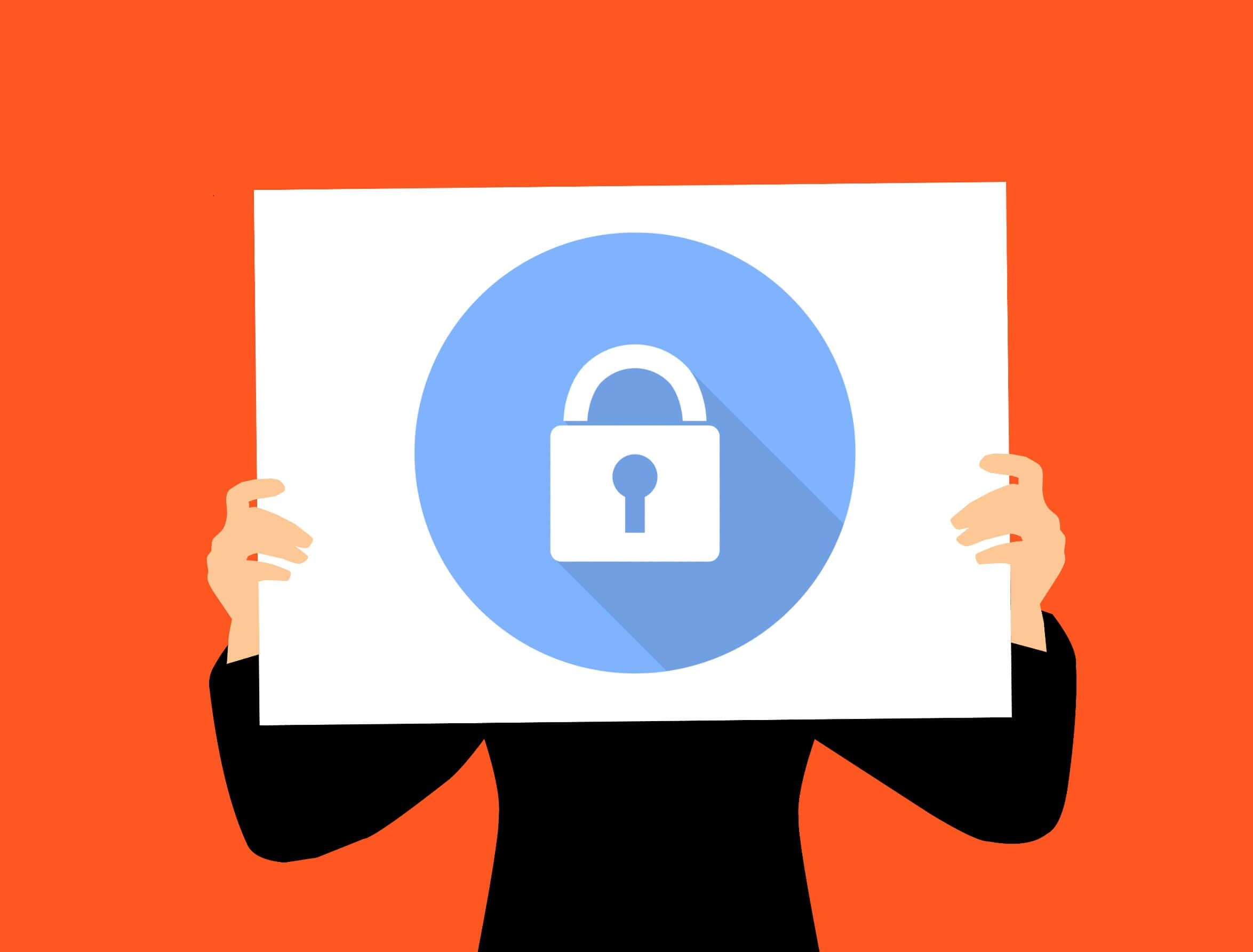How to Put Your Social Media on Lockdown
By Inspiring Interns

A well-managed social media account is a great self-advertisement tool; it can help you to connect with other folks in your industry, establish and maintain wider networks of contacts than ever before, and track down job opportunities through the grapevine.
This also means that Google-searching candidates before an interview is now standard practice for 80% of recruiters. There’s some debate about how much difference the search results actually make to a candidate’s job prospects, but if you’re concerned about what your social media says about you, here’s our guide on how to clean things up on Twitter and Facebook.
Privacy settings
Twitter is, by its nature, a public platform and your account will be visible to anyone by default. By making a few tweaks to your privacy settings, you can reduce the likelihood of a recruiter tracking you down.
Protecting your tweets means that only your followers will be able to view them. If you have previously made public tweets, these will also be protected.
Protected tweets cannot be retweeted, and your tweets will not be visible on search engines.
“Tweets posted previously may still be publicly visible” means old tweets might still appear on third-party apps linked to your account (e.g. tweets posted to your Facebook wall)
You can also keep yourself hidden by preventing people finding your Twitter using an email address or phone number – which is a good idea if this info is on your CV. To do this, make sure both boxes in the discoverability section are un-ticked.
Deleting
You can delete your Twitter by heading to Settings and Privacy > Account, then clicking ‘Deactivate your account’ at the bottom of the page. This can only be done in a web browser window, not via the Twitter app.
Your account will cease to be publicly visible immediately after you deactivate it, however, all your tweets, likes and photos will be stored by Twitter for another 30 days. If you log back in during that period, your account will be re-activated as if nothing happened.
If not, it’ll be gone forever (from Twitter at least – any screenshots of tweets posted to external sites will still exist). You’ll then be able to use the email address and username linked to your old account, to create a new account.
Privacy settings
Instead of letting you hide everything or nothing at all, like Twitter does, Facebook’s privacy settings are more complex. From the Privacy section of your Settings menu, you can decide who sees your posts and who can search for your profile.
On this page you pick a default visibility setting for your posts (ranging from everybody to nobody), but you also have the option to change the visibility setting for individual posts – even long after they’ve gone live.
Like Twitter, you can prevent people with your email address or phone number from looking you up, as well as determining whether your profile shows up on search engines.
There’s also a useful feature called Timeline Review, which lets you give the go-ahead to posts you’re tagged in before they appear on your timeline (and to veto any drunk pictures from the night before).
Deleting
Deleting your account and deactivating it are two different things on Facebook. Deactivation will keep your profile intact and keep your name on people’s Friend Lists, but your posts will be hidden. You can re-activate your account anytime by logging in again. To deactivate your account, go to Settings > General, and click Manage Account. At the bottom of the page you will see Deactivate Your Account.
Deleting your Facebook account is irreversible, and you will not be able to retrieve any photos or other data after deletion. Only messages sent to others via Facebook messenger will remain after your account is deleted, since both people will have a record of the conversation. The easiest way to delete your account is by following this link.
Jen Anderson writes for Inspiring Interns, which specializes in finding candidates their perfect internship. To browse our graduate jobs London listings, visit our website.
Your Social Management Guys
At Social Hire, we don't just do social.
Our digital marketing managers are the wizards that can give you the insight you need to develop your business. Have you had enough of making complex personnel choices that don't work well for your digital presence?
Our group of specialists are an organisation that helps our clients boost their online marketing by offering social media management services on a monthly basis.
You might like these blog posts How Internships Make Great Sourcing Opportunities, Starting Social Media Conversations: 3 Things You Must Do First!, 5 Challenges That All Entrepreneurs Face, and Get Your Marketing Act Together.
